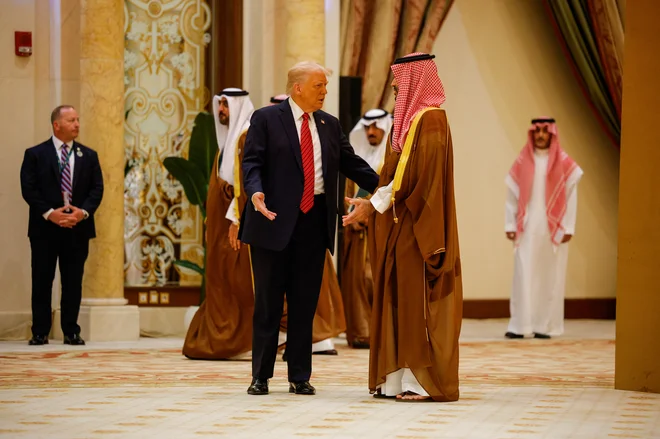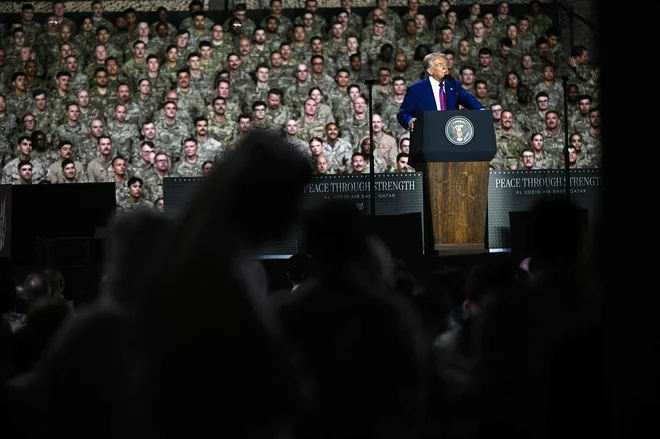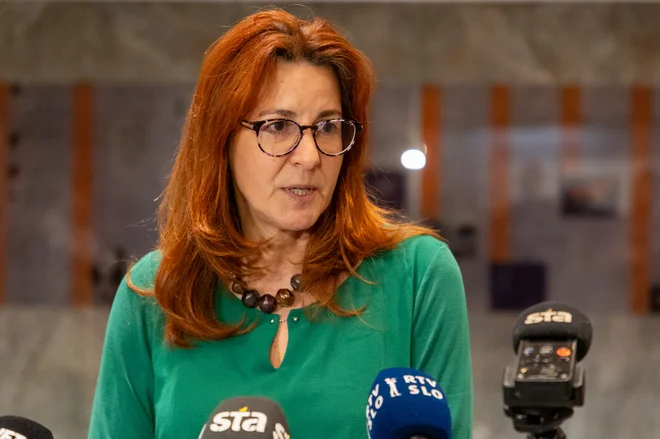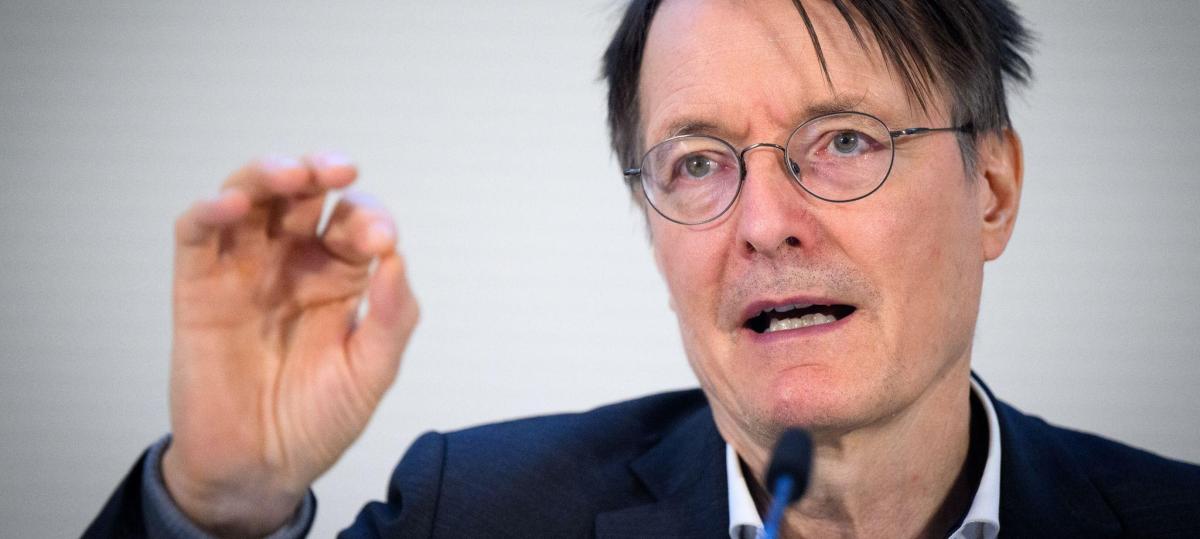Missing billions of Trump’s record -breaking tour

A four -day Arab tour US President Donald Trump She underlined the ambitions of his administration after resolving relations, ending disputes, and above all to strengthen economic cooperation with countries in the region, but at the same time gave birth to doubts about the reality of some Republican’s achievements.
“This is a record tour. There has never been a tour that, in these four or five days – could have raised a total of $ 3.5-4 trillion, « Trump boasted before his visit to Abu Dhabi, celebrating astronomical business concluded by Saudi Arabia and Katar.
In analyzing arrangements, which include, among other things, the purchases of weapons and passenger planes, some media and observers warned that the president’s mathematics, as has become a custom in his second term, is not completely out. Details are scarce but from the published data are journalists New York Times calculated that the total value of the announced Saudi investments in the US economy is $ 283 billion – not $ 600 billion, as after Trump’s visit to the Saudi Crown Prince Mohammed bin Salman insisted on the white house. This number also includes a $ 142 billion purchase of weapons and military equipment, described by the administration as the largest arms business in history.
US President During conversation with Saudi Crown Prince Mohammed Bin Salman in Riyadh Photo: Brian Snyder/Reuters
The President also celebrated the announcement of Katar on the purchase of 210 Boeing aircraft worth $ 200 billion. But even in this case, his statements were in the middle of the official numbers published by the White House. After that, the business is worth $ 96 billion – that is, more than half less. No more details are known about the agreement to promote economic cooperation, which is expected to increase by at least $ 1,200 billion between the US and the Gulf State.
The end of wars or just American engagement?
The deals also dictated the pace of meetings in the United Arab Emirates, expected to be the last stop of this Trump tour, which was still not known whether it may end with a visit to Istanbul, where direct negotiations between Ukraine and Russia began to end three years of Russian aggression.
In the end, the so -called nations builders destroyed many more nations than they built, and ‘interventionists’ interfered with complex companies that they did not even understand.
Donald Trump
Trump insists that avoiding new military conflicts and resolving existing for him is a priority in the Middle East. In this context, it was possible to understand his statements about the « imminent » agreement on the Iranian nuclear program and the announcement of the withdrawal of US sanctions against Syria, as confirmed by meeting with the new Syrian leader Ahmedom al -Sharo. He described the raise of sanctions as a « historic and courageous » decision, saying that it « relieves the suffering of people, contributes to their rebirth and lays the foundations for stability in the region. »

Trump also visited the American Al Udeid military base in Qatar Photo: Brendan Smialowski/AFP during the tour
Although some interpreted some of the sanctions as a blow to Israel, Trump balanced his decision by calling for the new Syrian authorities, as well as other Arab countries to normalize relations with the closest American ally in the region despite the war in Gaza. During the penultimate day of the tour, he also re -advocated that the US would take control of the devastated Palestinian enclave, which Trump would like to turn into a « freedom area ».
Trump presented his ambitions to Arab leaders, among other things, through criticism of interventionism, which has marked the last decades of American engagement in the Arab world. « In the end, so -called nations builders destroyed many more nations than they had built, and ‘interventionists’ interfered with complex companies, which they did not even understand, » Trump said during a visit to Riyadh, and at least at first glance – refuted the foreign policy doctrine, which was most believed by the Republican party.







